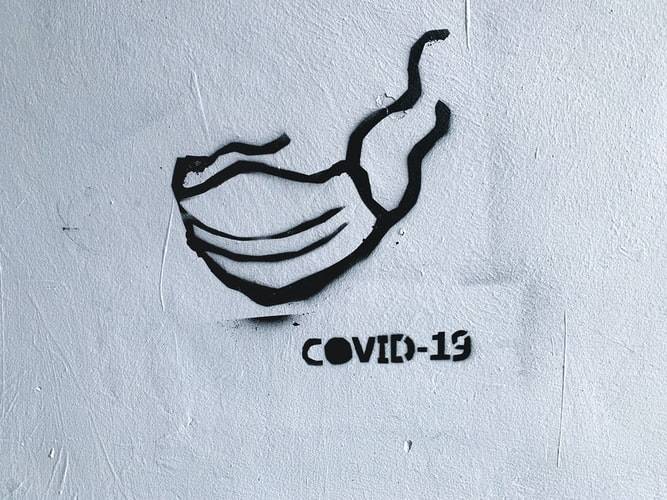Konstantin Chumakov, a professor of virology at George Washington University, stated that the Omicron variant differs significantly from previous strains of the novel coronavirus. The COVID-19 pandemic continued to spread worldwide this week, except in Africa, the first region to see a decline in cases after the Omicron wave. Approximately 2.8 million cases were reported daily globally, and the numbers rose again this week.
According to Professor Chumakov, as reported by Russian media, Omicron is characterized by its enhanced transmissibility, but at the same time, its ability to cause illness and death has significantly decreased. He added that "the new variant infects younger individuals more, among whom the disease spreads much more easily than among the elderly."
He noted that "when infected with the Omicron variant, the illness is relatively mild, and the mortality rate has dropped significantly. Previously, the death rate was about 2% of patients, but it is now around 0.1%." He pointed out that Omicron, unlike previous variants, does not progress to pneumonia.
The virologist listed the main symptoms for patients infected with the new variant, including headaches, runny nose, nasal irritation, and cough. At the same time, patients no longer notice a loss of smell as seen with other variants.
Chumakov remarked that typically, pandemics do not last more than two to three years: even the Spanish flu, which claimed the lives of between 50 to 100 million people, eventually turned into seasonal influenza. Therefore, the end of the current pandemic might be near, thanks to Omicron.
Since its emergence in China in December 2019, the coronavirus has caused the deaths of at least 5,519,380 individuals worldwide. The United States recorded the highest number of deaths from the virus, totaling 846,488, followed by Brazil (620,545), India (485,350), and Russia (319,911). The World Health Organization estimates that the actual death toll may be two to three times higher, considering the excess deaths attributed to the pandemic.




